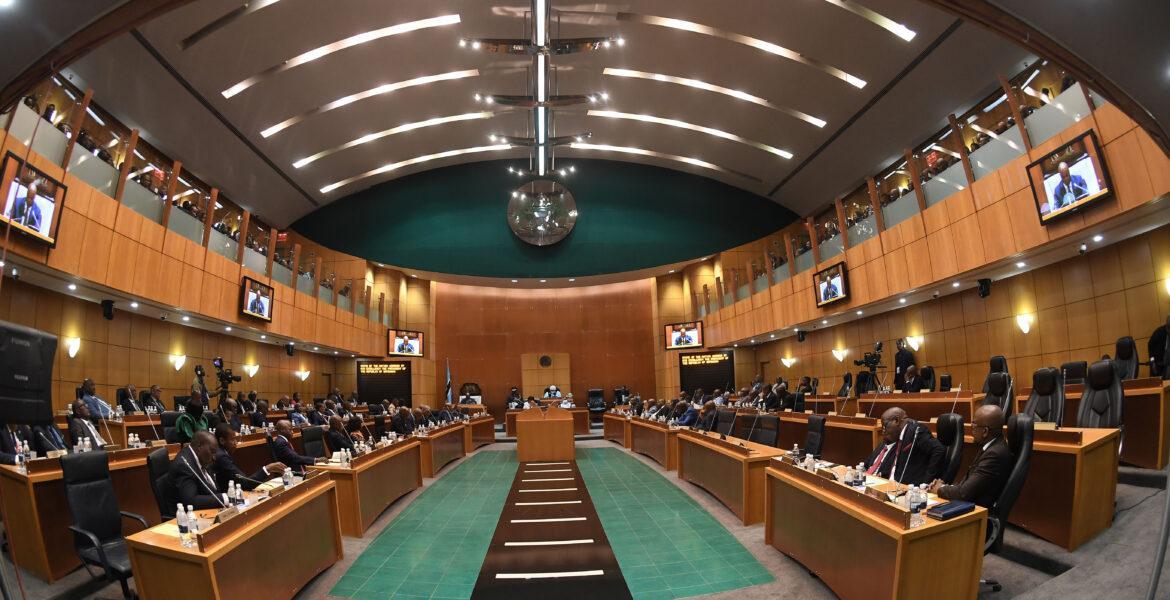Africa-Press – Botswana. The Ministry of Education and Skills Development is committed to deliver on its mandate by practising prudent financial management and efficient use of the allocated resources, despite challenges.
The ministry faced various challenges following a merger of the former Ministry of Basic Education and former Ministry of Tertiary Education, Research, Science and Technology, as well as the Skills Development, which was part of the former Ministry of Employment, Labour Productivity and Skills Development.
The ministry’s Permanent Secretary, Ms Miriam Maroba, told the Public Accounts Committee (PAC) on Monday.
“We are here, now, with that ministry which is quite substantial. We do have challenges, which we have to acknowledge, on issues around records management and capacity, because the merger has brought together various entities. In some instances we still have limited staff, although we are working on that,” she added.
Despite the challenges, Ms Maroba expressed delight that to ensure continuous improvement of access and equity, the ministry had a two year Early Childhood Programme, which is the foundation for teaching and learning, and had also intensified assessment of leaners with special needs, through provision of the Special Education Units, particularly in public schools, and had realised that more and more of such leaners were able to access education.
“As we speak today, that Early Childhood Programme is being offered in 93 per cent of schools, which is 766 schools, since its inception in 2014,” she added. “We have also intensified the assessment of leaners for special needs and we have realised that overtime more and more of such leaners are able to access education.”
She said her ministry was happy with enrolment at both primary and secondary school levels.
To improve access and equity, Ms Maroba said following the major review that was done at secondary school level, the ministry had developed an outcome based curriculum to introduce outcome based education and vocationalise the senior secondary curriculum.
This initiative, she said, also formed part of the ministry’s efforts to help improve students’ progress to the next level or transition to tertiary.
She however expressed concern that issues of leaner performance were again an area of major challenge, both at primary and secondary schools level, “because we are not only interested in quantities, of overall performance, but on the quality performance that is able to help students transition to the next level of education.”
Furthermore, Ms Maroba noted that the ministry’s Education Act of 1967 was currently under review and had hoped to have it completed and presented before the just ended parliament session, but it had not made the date.
Therefore, she assured the PAC members that, once reviewed, the Act would provide for changes that had happened, overtime, in education and would also ensure proper legislation and statutory matters were provided for.
For More News And Analysis About Botswana Follow Africa-Press






